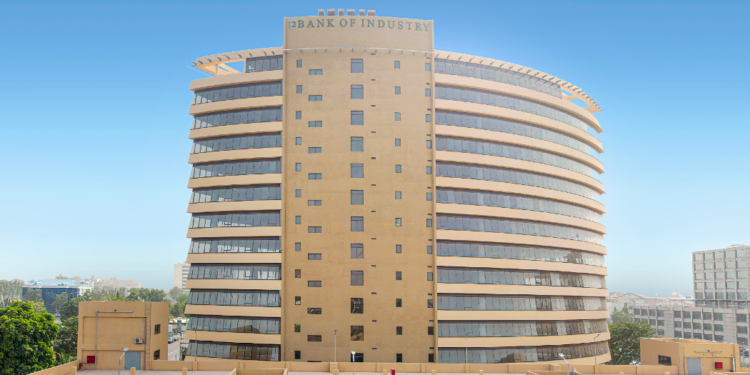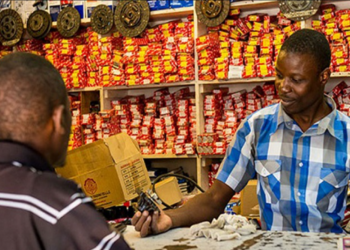The Bank of Industry (BOI) said it has disbursed N22.89 billion to 29 manufacturers as the manufacturing industry struggles with poor sales and rising cost of production.
The disbursement was disclosed by the BOI Managing Director, Dr Olasupo Olusi, while speaking at the first BOI interactive session with the Organised Private Sector in Abuja, on Monday.
Olusi noted that the interactive session was organised to allow stakeholders to reflect on ways to create a thriving industrial sector and boost the development of Small and Medium Enterprises (SME).
He noted that the N22.89 billion disbursed to 29 manufacturers was from a N75 billion manufacturing sector intervention fund, from which 20 other projects valued at N6.3 billion were at different stages of disbursement.
He called for collaboration between SMEs and the government, noting that it would help achieve growth and address systemic challenges.
Emphasising the need for improved collaboration, he said: “Recently, we signed a Memorandum of Understanding (MOU) with your esteemed associations. This agreement underscores a simple truth that we cannot transform Nigeria’s industrial landscape alone.
“The journey to sustainable economic growth must be fueled by collaboration, innovation, and a shared resolve to address systemic challenges.”
He noted that the bank’s role goes beyond providing financing to also supporting an enabling environment for businesses to thrive. This includes addressing infrastructure gaps, regulatory bottlenecks, and access to markets.
“On collaborative innovation, we must work together to introduce technology, sustainability, and skills development as core pillars of SME growth.
“We are concerned about your most pressing challenges, your operations, how we can further align our programmes with your needs and the innovative solutions we can pursue together to accelerate growth,” he added.
What you should know
According to the African Development Bank, SMEs in Nigeria face a funding gap of about $160bn
- Nigeria’s manufacturing industry is suffering the impact of Nigeria’s ailing economy as it grapples with poor sales, high energy costs and high cost of production.
- The Manufacturing Association of Nigeria reported that in 2023, the sector had an unsold inventory of finished products worth at least N350 billion. It rose to N1.24 trillion in the first half of 2024.
- The sector’s contribution to Nigeria’s Gross Domestic Product is also declining. According to data from the Nigeria Bureau of Statistics (NBS), the sector’s share of the GDP decreased from 16.04% in Q4 2023 to 12.68% in Q2 2024.
- MAN blames the volatility of the exchange rate and rising inflation for the sector’s stunted growth. The Association reported that about 767 manufacturing companies shut down operations last year as a result of the pervasive economic woes.
The federal government has acknowledged the challenges faced by manufacturers and last month, it established an industrial revolution work group to revitalise the manufacturing sector.






















